People rally in coup-hit Sudan to support military-backed initiative
Hundreds of people have rallied in coup-hit Sudan to support a new military-backed initiative which purportedly aims to end the country’s persisting political crisis.
The demonstration was held in the capital Khartoum on Sunday outside a conference hall where meetings have been held since a day earlier by a newly-established initiative which claims to resolve the crisis that has plagued the nation for the past few years.
“The Call of Sudan's People” was launched last month by renowned Sufi religious leader Al-Tayeb Al-Jed. The initiative is backed by General Abdel Fattah al-Burhan, the army chief who last year spearheaded a military coup that blocked a transition to civilian rule following the 2019 ouster of President Omar al-Bashir.
In a televised address on Sunday, Burhan called on all Sudanese factions to join efforts to bring Sudanese people together to what he called “continue the transition and pave the way for elections.” He claimed the army is siding with the people’s aspirations for “democratic rule under an elected civilian government.”
The Forces for Freedom and Change (FFC), Sudan’s main civilian bloc which was ousted from power in the coup, did not join the initiative.
The initiative also held a conference on Saturday and diplomats from Egypt, Saudi Arabia and the African Union attended it. At the time, Al-Jed said in a speech that the initiative purportedly brought together some 120 political parties and multiple factions, including Sufi orders and tribal leaders.
The initiative aims to tackle “the economic deterioration” in Sudan, “achieve peace and security” and ensure that elections scheduled for next year are held “with integrity”, he said. Burhan promised in a televised address last month to step aside and make way for Sudanese factions to reach an agreement on a civilian government.
More than three years ago, massive anti-government demonstrations hit Sudan. The main grievance was about economic woes. The protesters, youths for a large part, demanded the resignation of then President Bashir, who was ultimately deposed in a military coup in April 2019, after ruling over the African nation for three decades.
In August of the same year, a transitional civilian-military administration was founded to run the country. However, Burhan staged a coup on October 25 last year and dissolved the fragile transitional government, prompting the Sudanese to hold protest rallies on an almost weekly basis. Anti-coup demonstrations, however, often face a violent crackdown by security forces.
Since the October coup, Sudan, one of the world’s poorest countries, has been reeling from a spiraling economic crisis and a broad security breakdown, which led to a surge in ethnic clashes in its far-flung regions.
According to pro-democracy medics, Sudan has been rocked by near-weekly protests since the onset of the coup and a violent crackdown that has so far claimed the lives of at least 116 people.
The United Nations has time and again pressured the Sudanese military to end the crackdown and restore a civilian-led government to complete the country’s transition, but to no avail.
The economic crisis in Sudan deepened when the October coup drew broad international condemnation and punitive measures that included a suspension of $700 million in US aid.
The African country, home to 45 million people, is also dealing with a severe economic crisis and an inflation reaching 400 percent.
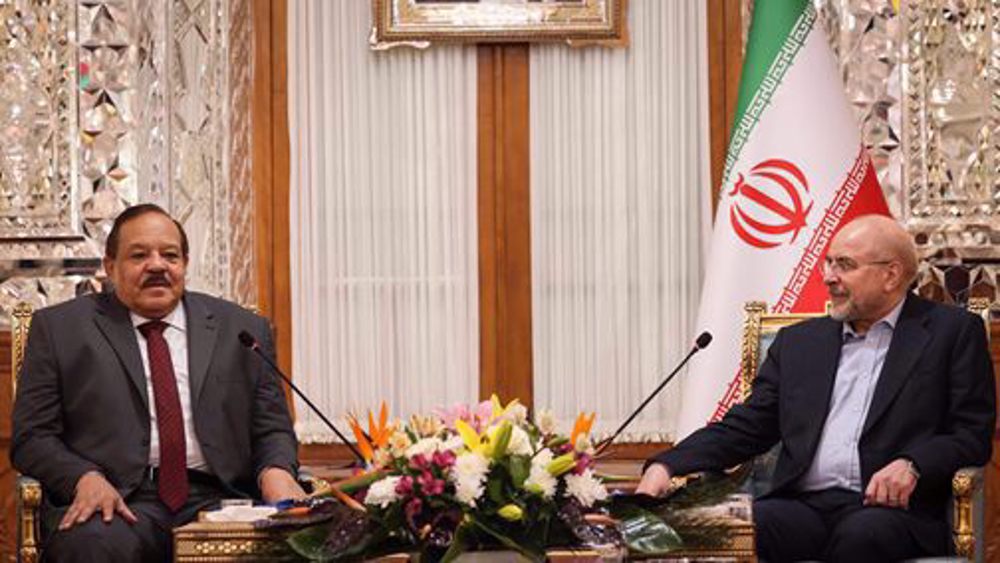
Iran urges establishment of stability, sovereignty in Sudan: Qalibaf
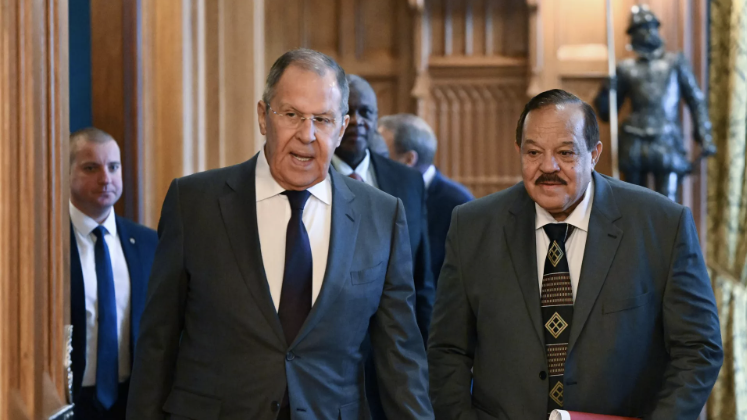
Russia secures agreement for naval base in Sudan
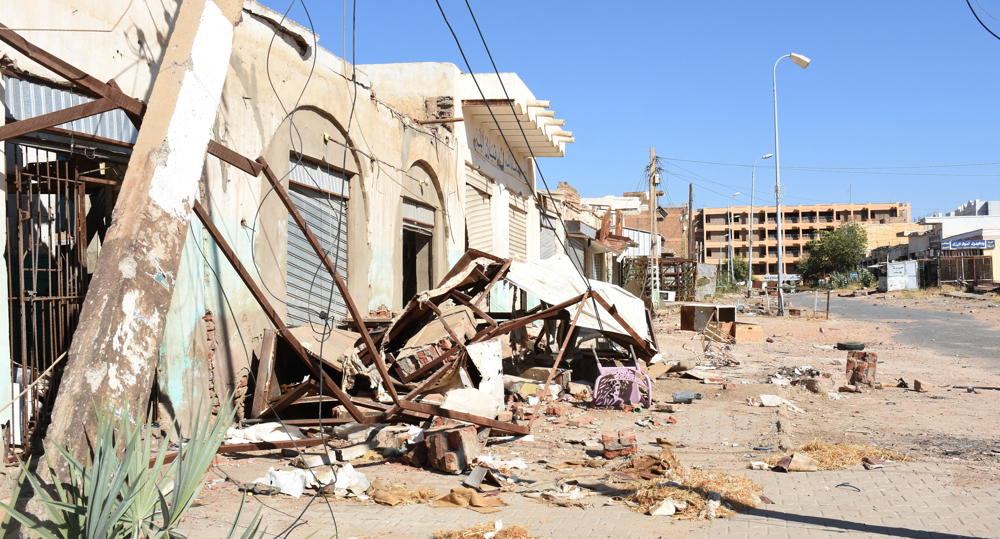
ICC seeks arrest warrants over alleged war crimes in Sudan’s Darfur
Iran releases 1st video of Israeli-linked ship seized last April
Israel threatens to attack city near Syria’s capital
We won’t let Netanyahu sacrifice captives: Families
Egypt reaffirms ‘unwavering support’ for Palestinian cause ahead of emergency Arab Summit
VIDEO | Press TV's news headlines
Iran to keep current subsidized exchange rate in next year's budget
Iran will change military tactics, techniques based on threats: Top Cmdr.
Israeli bulldozers demolish homes in West Bank; Hamas urges UN to stop 'war crimes'


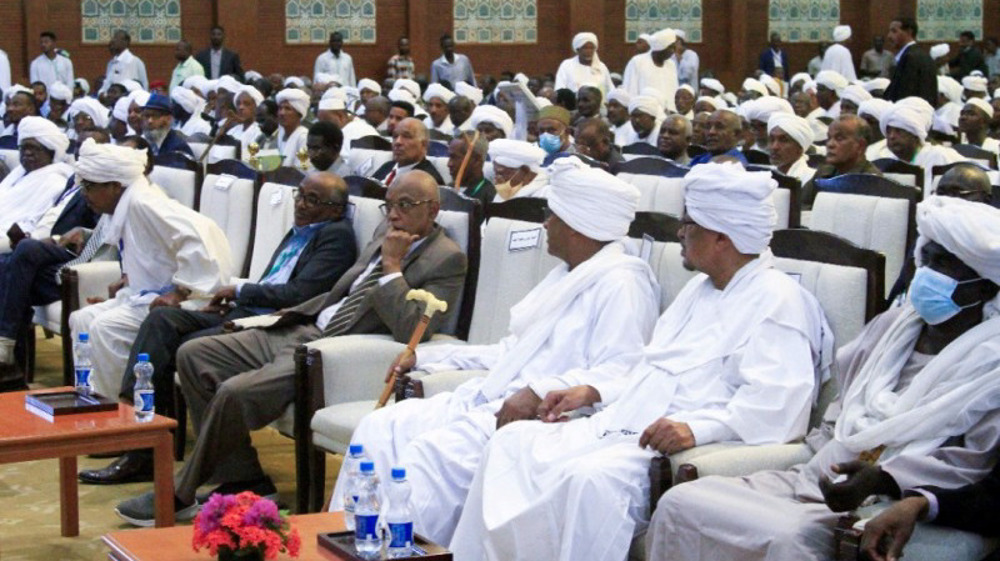
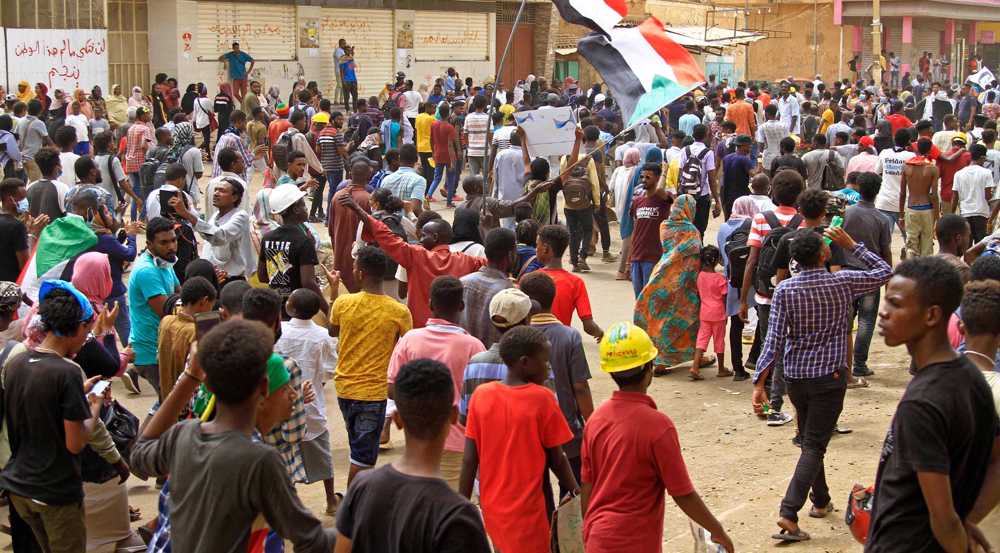
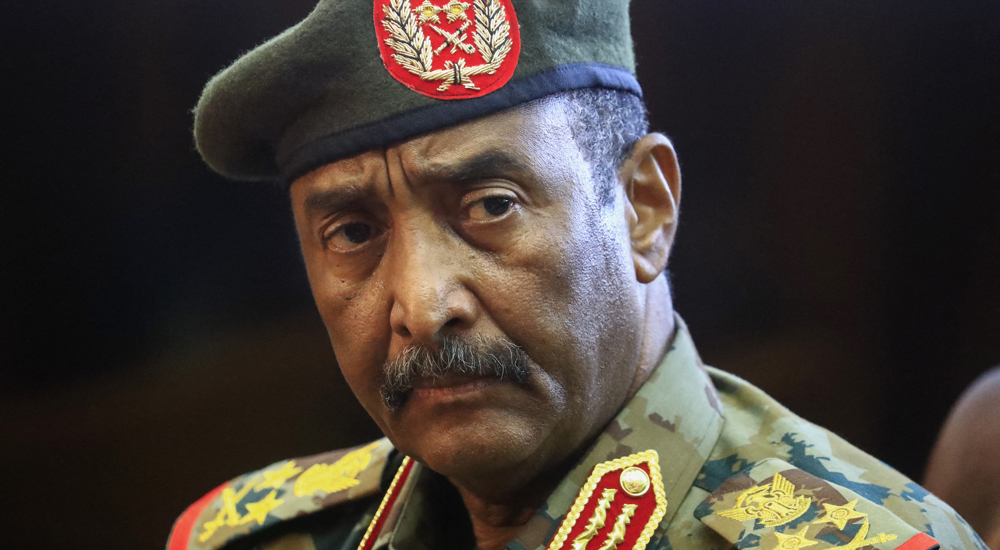




 This makes it easy to access the Press TV website
This makes it easy to access the Press TV website